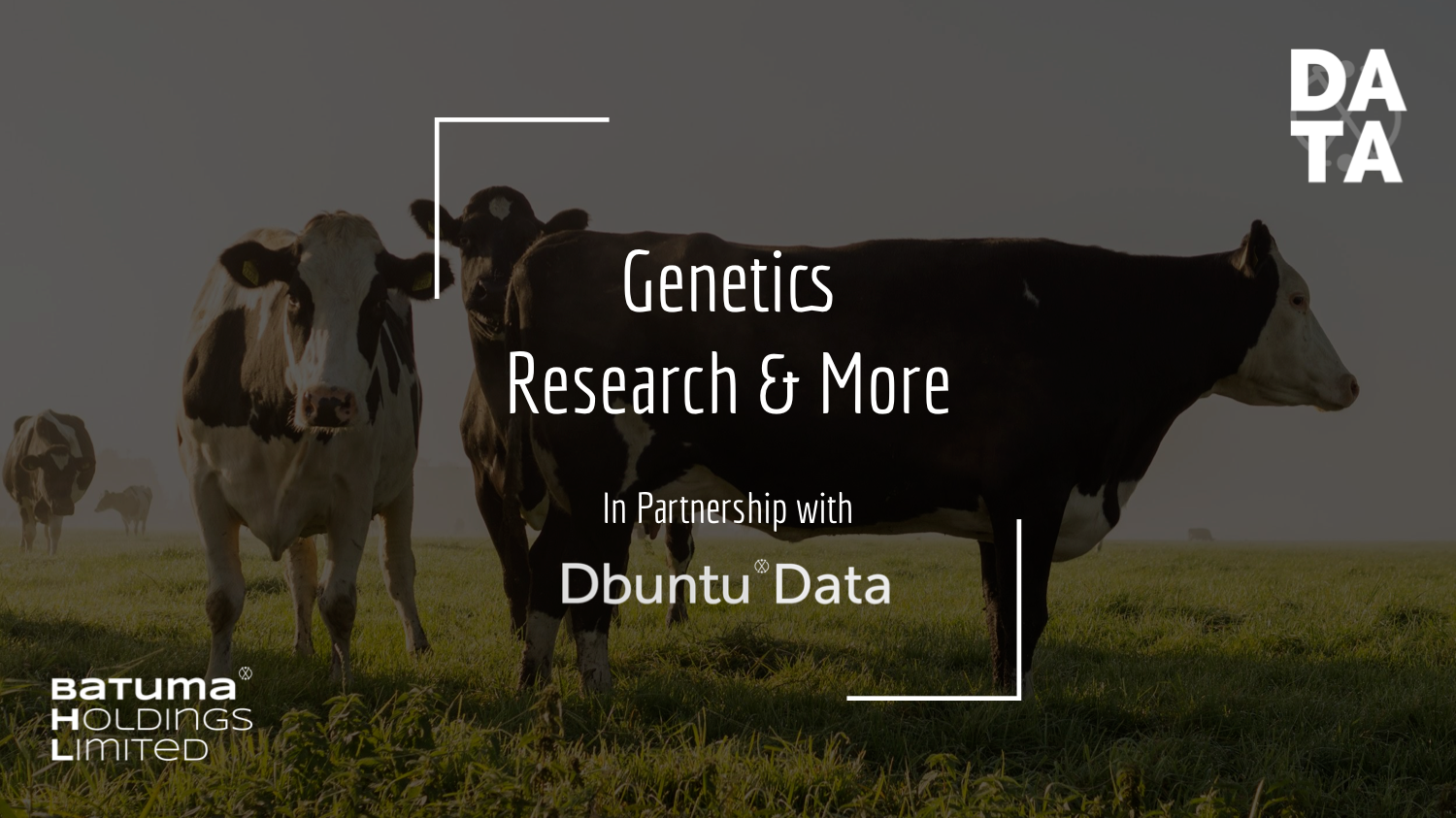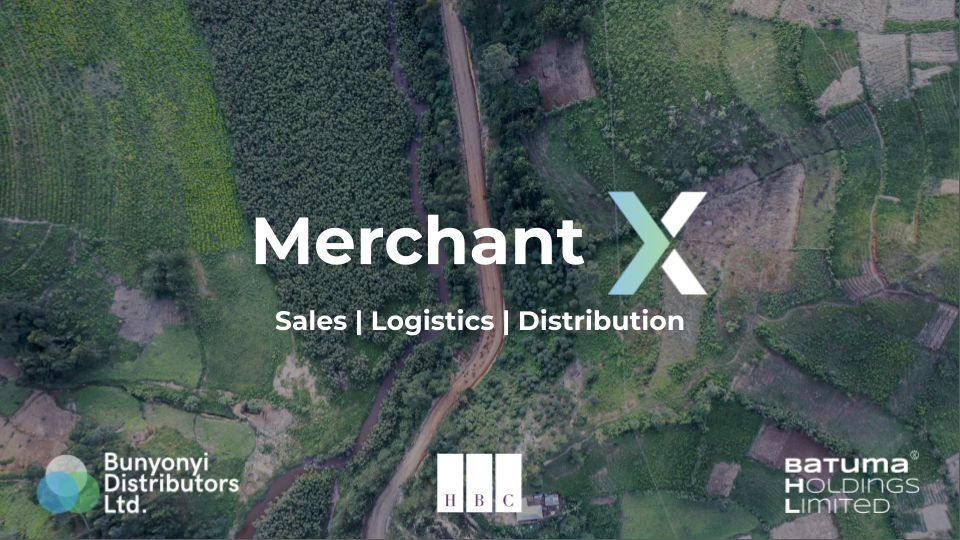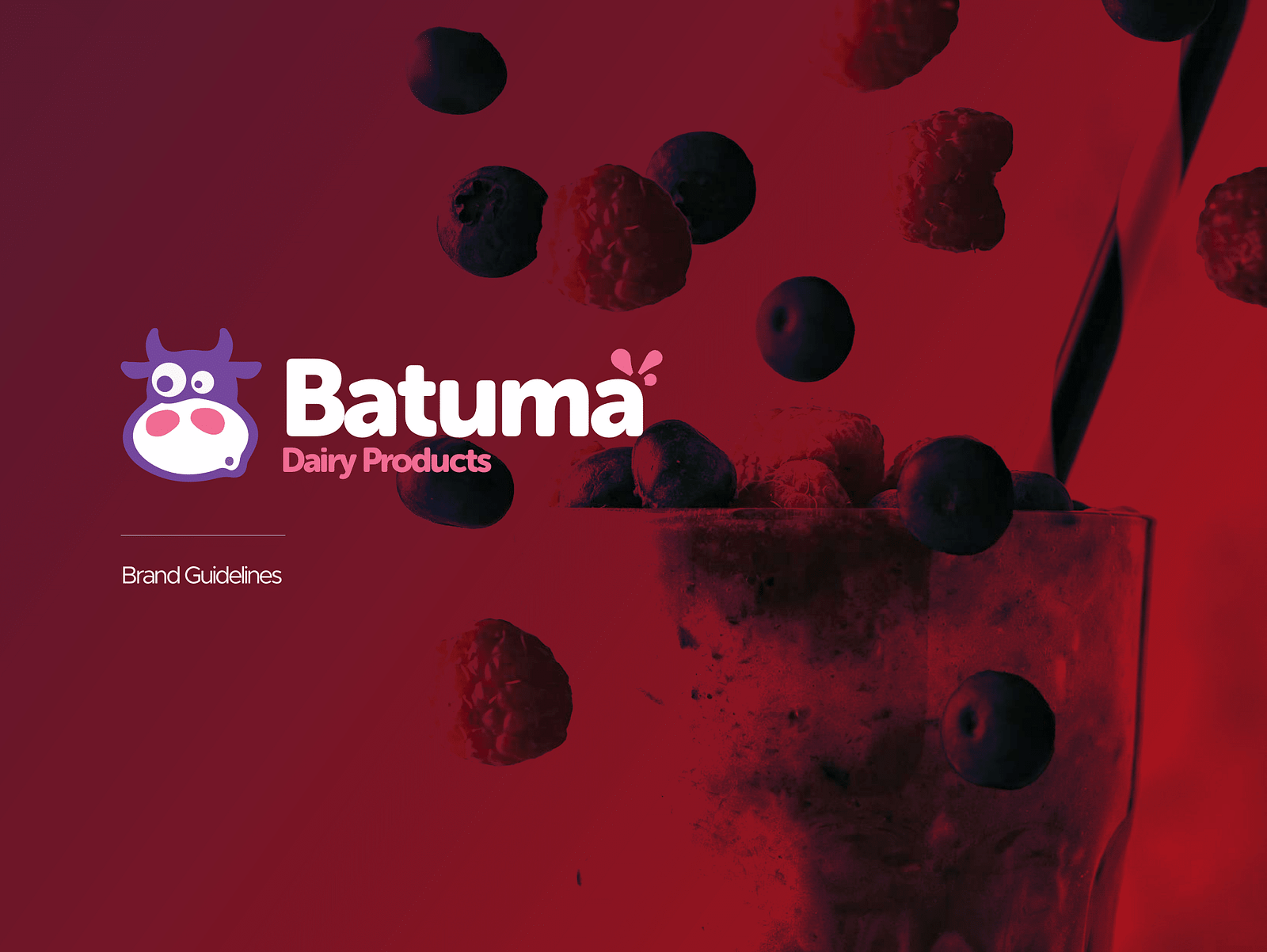Dairy Farming in a Nutshell
A Case Study (2022–2025)
In 2016, Dbuntu LABS began it’s research collaboration Batuma Holdings Limited, establishing the Department of Animal Husbandry (Batuma Breeding Centre), as well as spending a considerable amount of time in Kabale engaging with other local farmers, employees at Beatrice Dairy Farm, development organizations such as SNV, Kabale University, & government agencies such as the National Agricultural Research Organization (NARO) & the National Animal Genetic Resources Centre and Data Bank (NAGRC & DB), trying to find issues faced.
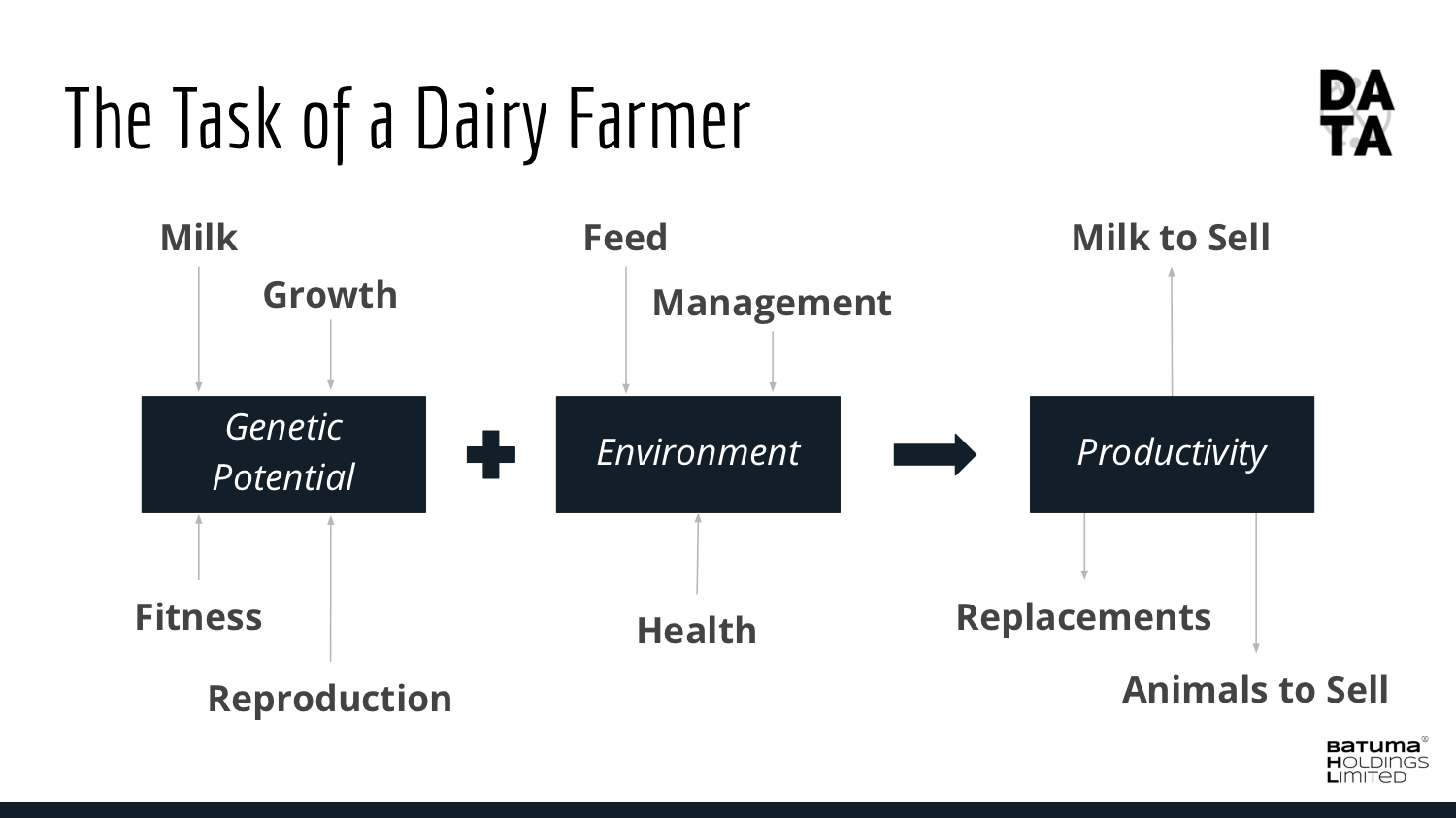
Problem #1 — The lack of a nutrient-rich diet: The techniques & practices used to feed milk producers are very inefficient causing the production per cow to be extremely low and the use of space to be ineffective. An average American cow produces 40 liters a day while an average cow on Beatrice Dairy Farm only produced about 6.
Solution #1: To combat this, the biggest fundamental change that will occur is transitioning the cows from pasture-fed to crop fed by moving the cows into a barn for the majority of their day and using the pasture land to grow crops such as corn and alfalfa. These crops are much more energy dense allowing the cows to consume a more nutrient-rich diet, increasing production.
Problem #2 — The lack of a consistent food source all year round due to seasonal drought: During the dry season food intake for the cows significantly decreases dropping milk production.
Solution #2: With the growing of crops, we would be able to store feed and supply the cows with an equal amount of nutrients year-round.
Problem #3 — Poor genetic potential: The nutrition problem is only part of the low production, the other part of the issue is that the genetics of the cows at Beatrice Dairy Farm are not as strong as those in countries like America and the Netherlands which is another reason the difference in milk production is so significant.
Solution #3: The next piece will be to begin improving genetics by importing foreign samples to artificially inseminate the local cows that are better equipped to handle the environment & diseases.
Problem #4 — The lack of reliable electricity and clean water: The third problem is using the land resources to reduce costs on electricity and water and increase the reliability of electricity which is not very good in Kabale
Solution #4: We look to implement a series of support systems that negate the need for external water or electricity. Due to heavy rainfall in the region and through the development of water storage and a management system, we should be able to reduce our water costs to zero. Then to internally generate our own electricity we would look to use anaerobic digesters and cow manure as the fuel decreasing our electricity costs and improving reliability.
— —
After copious amounts of first-hand research, and assistance from experts in the field, it became apparent that the best practices in dairy farming are well known and the various government agencies & development corporations, have been consistently attempting to try & implement these best practices for many years. Non more truer as is the case with Beatrice Dairy Farm.
Question: Why hasn’t there been sustainable growth in the primary production stage of the dairy sector in Kigezi?
Answer: Implementation
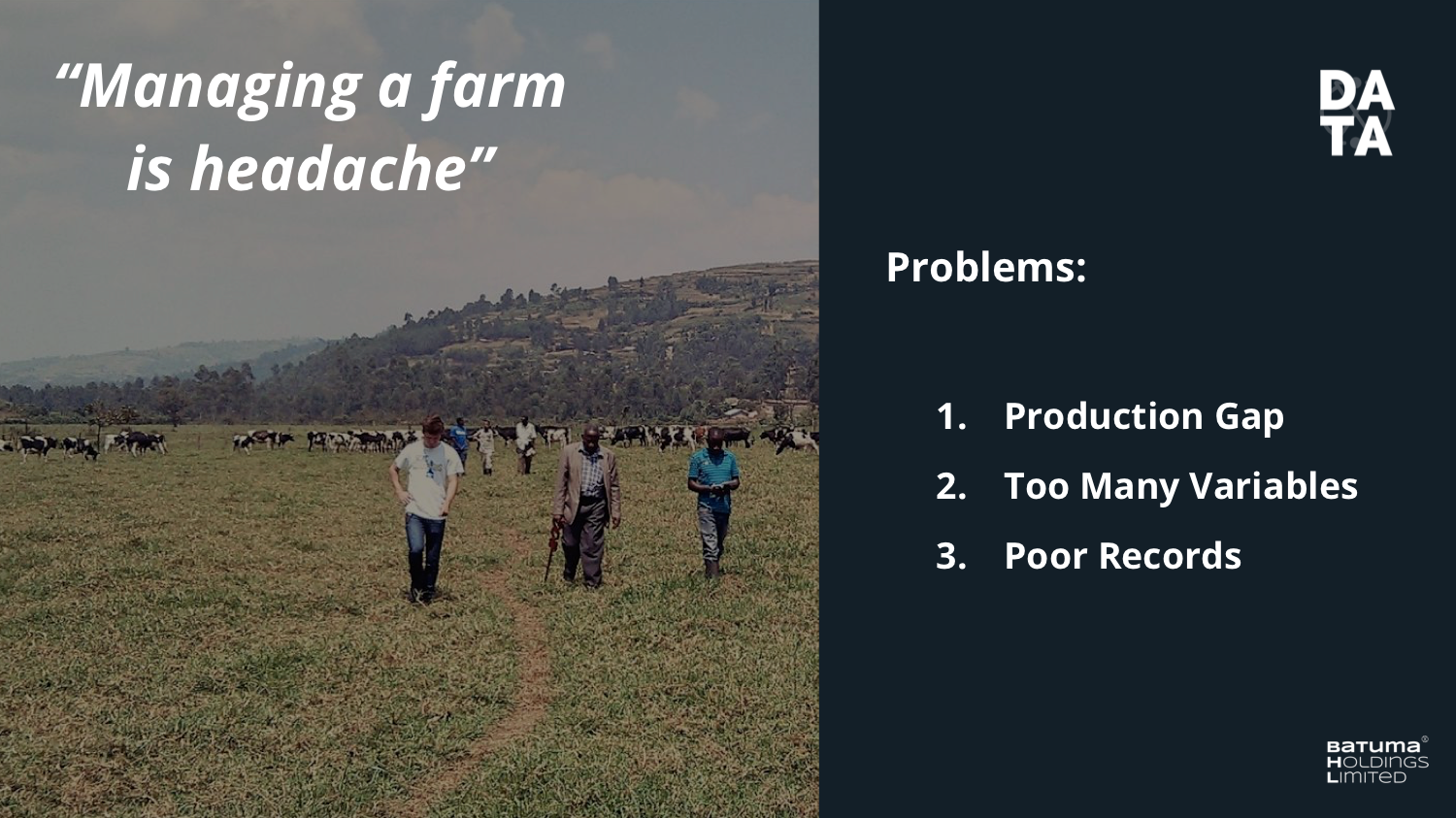
“Let me just start by emphasizing that you really need some Base Farm data collection for decision planning and risks mitigation. Some of the example pointers:
— How do you determine/select cows that will be mothers of future replacements versus culling the low milk producers?
— What criteria do you use to determine when to stop milking a cow that Is not economical?
— How do you determine the amount of supplement feed for each milking cow?
— When do you decide to breed cows to produce replacements?
— How long do you milk each cow?
— How do you select semen for producing young ones as replacements?
— How do you assess economic value of each cow?
ALL THIS NEEDS DATA FOR APPROPRIATE DECISIONS. ”
- Animal Genetics Consultant (USA)
Before embarking on managing a dairy farming operation, you must remember farming is a business, and maintenance costs, feeding, health management, etc. can easily become more than the environment can accommodate for economical production at the primary stage. As such, perhaps more importantly than the technical expertise to grow a dairy farm; good farm management structures & a dedicated farm management team is key in enabling farmers to commit to a transition.
The cow breeds on the Beatrice Dairy Farm are the same Holstein-Fresian breed used in America and the Netherlands, however poor breeding practices have caused the genetic potential of the cows to deteriorate after so many years while the same breed of cows in the other two countries have improved creating a gap for improvement (and a very lucrative business opportunity).
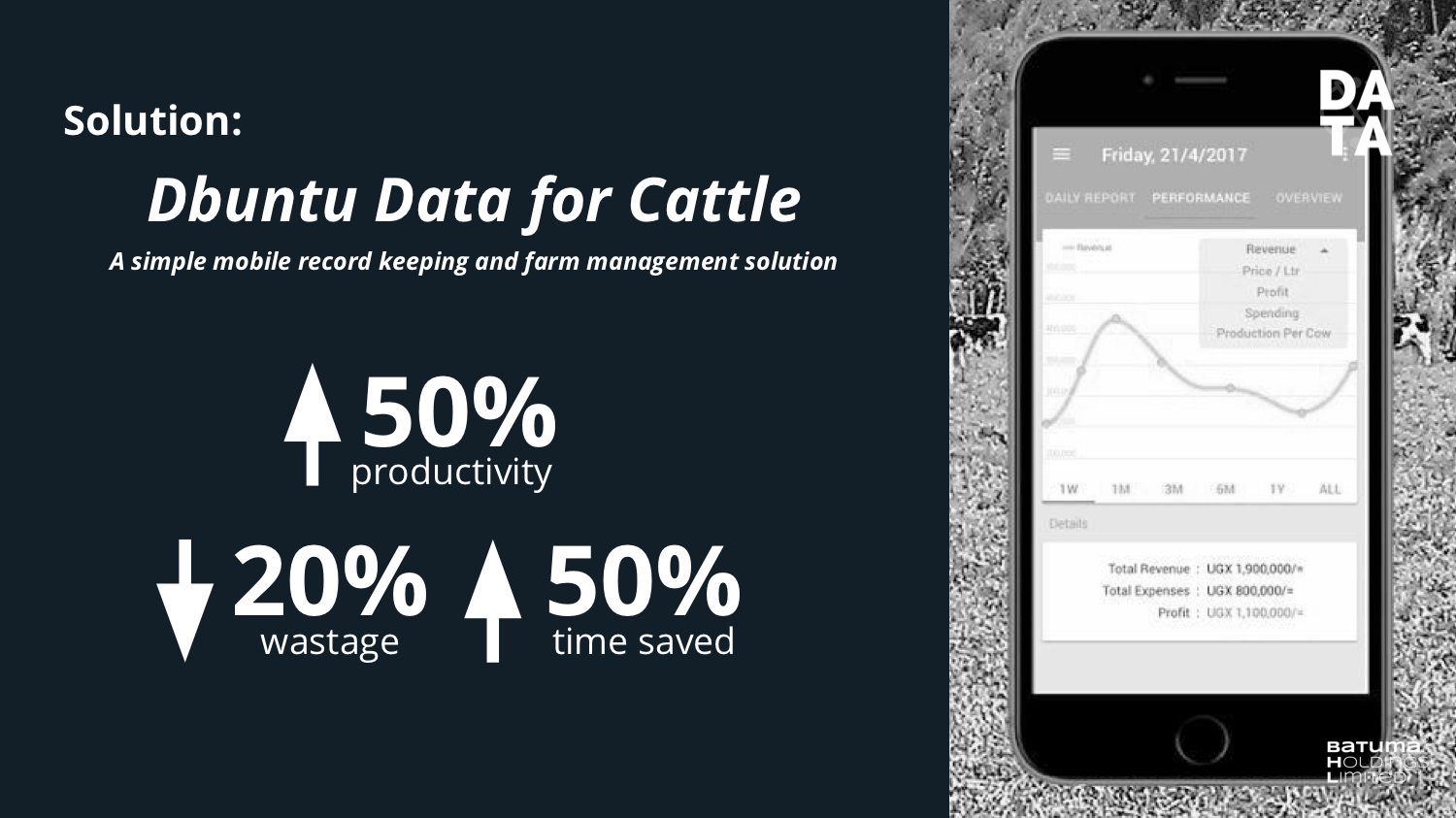
.png?width=100&height=100&name=AfricaX%20(1).png)
